Interpreting The Confidentiality of Substance Use Disorder (SUD) Patient Records Law (42 CFR Part 2)
Total HIPAA
AUGUST 2, 2023
To ensure the protection of sensitive information related to Substance Use Disorder (SUD) patients, the US Department of Health and Human Services and The Substance Abuse and Mental Health Services Administration (HHS and SAMHSA) collaborated to create the HIPAA Drug and Alcohol Records Law, also known as 42 CFR Part 2.


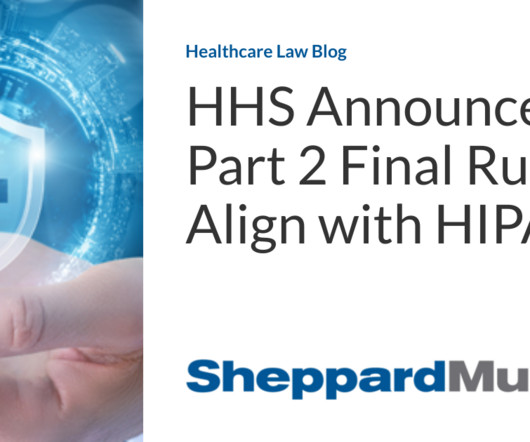

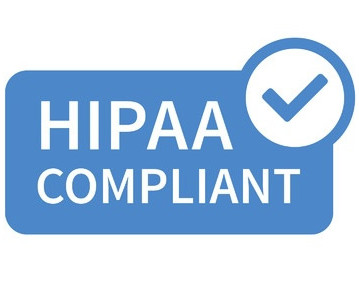

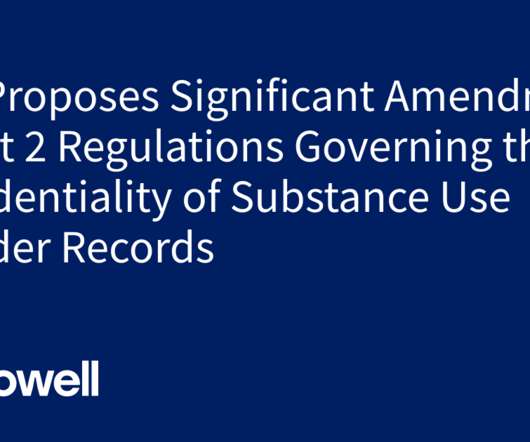
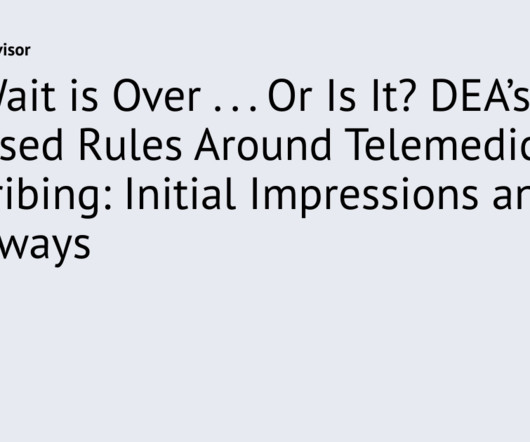
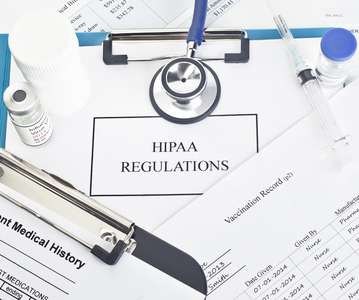
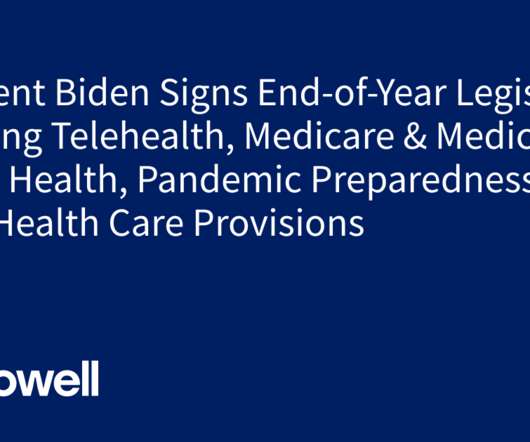






Let's personalize your content